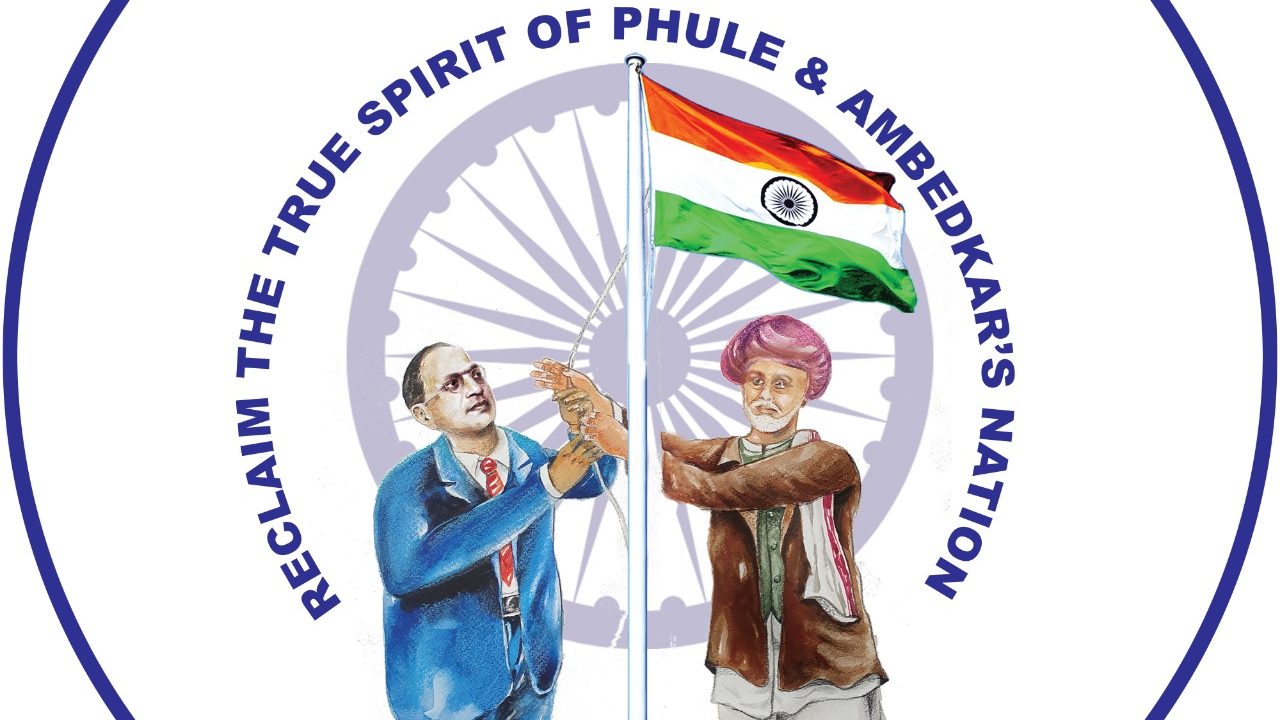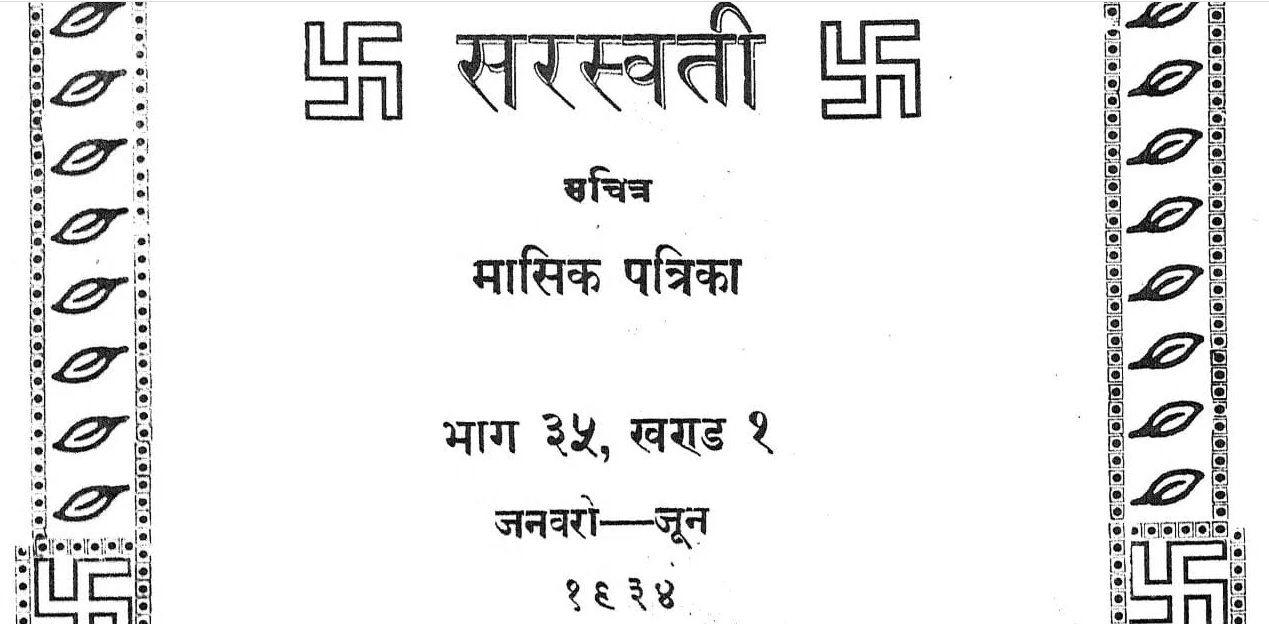There are mainly two types of traditions or cultures prevalent in North India. The first is known as the ‘Sura’ (Dev) / Brahmanic / Bratya / Arya, etc., tradition. The second is labelled ‘Asura’/ Anarya / Rakshas / Daitya, etc., tradition.
Actually there are several traditions, customs and cultures in North India but for convenience of analysis, the above mentioned two have been identified. We shall use these words for our analysis: Sura or Devasura and Asura. The meaning of Sura and Asura has been changing from time to time, in the Vedic and post-Vedic periods, and particularly when the Puranas were written. Since the Puranic period the word Asur has taken on negative connotations.
The celebrations of Diwali in the Sura tradition have roots in various legends. First, it is generally believed that Diwali celebrates the homecoming of Lord Rama to Ayodhya from his exile after his victory over the Asura (“demon”) Ravan. This homecoming is commemorated with lights and merriment. This festival gets its name Dipawali from the rows (awali) of lamps (deep) that the people of Ayodhya lit to welcome their victorious king. Second, another well-known story related to Diwali is narrated in the epic Mahabharat. To celebrate the joyous occasion of the return of the Paandavas from exile to Hastinapur, the common people illuminated the city by lighting earthen lamps everywhere. Last, it is also believed that in “samudra-manthan” (churning of the ocean) during the Deva–Asura conflict, the goddess Laxmi arose from the ocean. Lord Vishnu married her that very night. Lamps placed in a row were lit to mark that joyful occasion as Diwali.

The origin of Diwali in the Asura tradition refers to the stories narrated in the Puranas. It is believed that Baliraja or King Bali, a good and powerful Asura king then ruled the earth. In the battle between the Suras and Asuras the Suras were defeated by Baliraja. The Suras then approached Lord Vishnu for help. Vishnu took the form of a dwarf Brahmin (Vaman avatar) and approached King Baliraja for charity. A large-hearted King Baliraja gave all his kingdom and wealth to Lord Vishnu in charity and was banished to the netherworld (paataala) for his goodness. It is believed that Diwali is celebrated to mark this Sura defeat of the good Asura king.
According to yet another legend, the Suras lost in a battle with Asuras. Goddess Kali took birth from the forehead of Goddess Durga and she killed the Asuras. This event has been commemorated ever since by celebrating Kali Puja, which is observed in several parts of India around the same time as Diwali.
It is important to point out that according to all versions of the Sura or brahmanical culture Diwali is celebrated as the defeat of the Asuras by the Suras. Hence Diwali should not be celebrated by the Asuras, who are today’s Bahujans. However, the irony is that in contemporary Indian society, the brahmanical Diwali is being celebrated even by the people of Asura origin and even some non-Hindus!
In reality, the Asura tradition should be taken as the “great tradition” and the Sura tradition as a “little tradition” while University of Chicago anthropologist McKim Marriott has described it otherwise. The so-called mainstream tradition of brahminical Hindu society has depicted the Asura tradition in a negative way. It is high time our present democratic, secular and egalitarian Indian society should reject these brahmanical Diwali celebrations.
-As told to Anurag Bhaskar, FP Lucknow Correspondent
Published in the November 2013 issue of the Forward Press magazine
Forward Press also publishes books on Bahujan issues. Forward Press Books sheds light on the widespread problems as well as the finer aspects of Bahujan (Dalit, OBC, Adivasi, Nomadic, Pasmanda) society, culture, literature and politics. Contact us for a list of FP Books’ titles and to order. Mobile: +917827427311, Email: info@forwardmagazine.in)
The titles from Forward Press Books are also available on Kindle and these e-books cost less than their print versions. Browse and buy:
The Case for Bahujan Literature
Dalit Panthers: An Authoritative History






